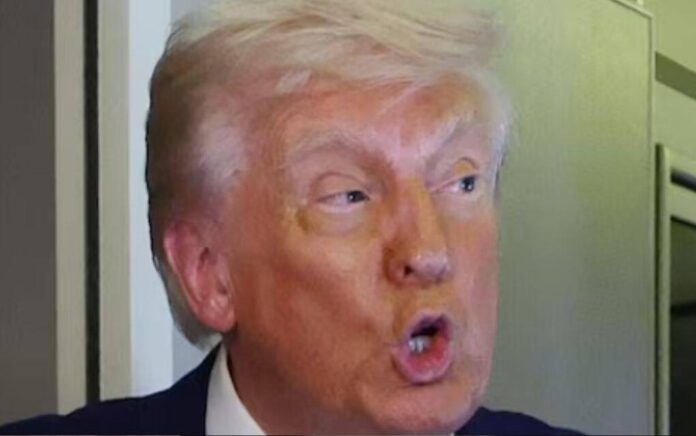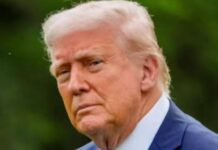
The possibility of a nuclear capable Iran has been a fear for decades. Now comes crunch time.
And Iran is furious after Trump drew this line in the sand.
U.S.-Iran Nuclear Talks Resume Amid Tensions
On Friday, the United States and Iran restarted nuclear negotiations in Rome, with public statements highlighting stark differences in their positions.
The talks, mediated largely through Omani intermediaries, underscore the challenges in reaching an agreement as both sides clarify their demands.
Iranian Supreme Leader Ayatollah Ali Khamenei recently criticized the U.S. stance, which appears to advocate for a complete ban on uranium enrichment in Iran, casting doubt on the possibility of a deal.
Iranian Foreign Ministry spokesman Esmaeil Baghaei described the talks as “especially sensitive,” according to Iranian media.
Foreign Minister Abbas Araghchi, after leaving the negotiations, expressed cautious optimism, stating, “I hope that in the next one or two meetings we can reach solutions that will allow the negotiations to progress. With Oman’s solutions to remove obstacles, there is a possibility of progress.”
He did not specify the obstacles or Oman’s proposed solutions. In a post on X, Araghchi outlined Iran’s position: “Figuring out the path to a deal is not rocket science. Zero nuclear weapons = we DO have a deal. Zero enrichment = we do NOT have a deal. Time to decide.”
Concerns Over Iran’s Nuclear Activities
Iran maintains it has no intention of developing nuclear weapons, but its actions, including advancing its missile program and stockpiling near-weapons-grade enriched uranium sufficient for five nuclear bombs, have raised alarms.
The International Atomic Energy Agency and other experts have expressed concerns about these developments.
Although uranium enrichment is used globally for nuclear energy, Iran’s nuclear energy production constitutes less than 1% of its energy consumption, prompting scrutiny of its enrichment activities.
The White House did not respond to inquiries from Fox News Digital about whether it is pushing for a total ban on enrichment for civilian purposes, such as nuclear energy.
Secretary of State Marco Rubio, on Tuesday, indicated that the U.S. seeks a deal allowing Iran a civilian nuclear energy program without enriched uranium, acknowledging, “will not be easy.”
Behnam Ben Taleblu, an Iran expert at the Foundation for Defense of Democracies, supported this approach, stating, “Washington’s insistence on zero enrichment, I think, is the only sober, sane, non-proliferation approach you can take [with] the Islamic Republic of Iran, which has not stopped enriching uranium at various levels since April 2006 when this entire crisis really was kicked off.”
He argued that Iran’s engagement in 2025 stems from a desire to counter maximum pressure, prevent an Israeli military strike, and avoid European sanctions, adding:
“Iran has more to lose by pushing away from the table. This is why Iran is engaging today, and the Trump administration needs to be cognizant that, because of that, it does have the leverage in these negotiations and can demand more.”



















